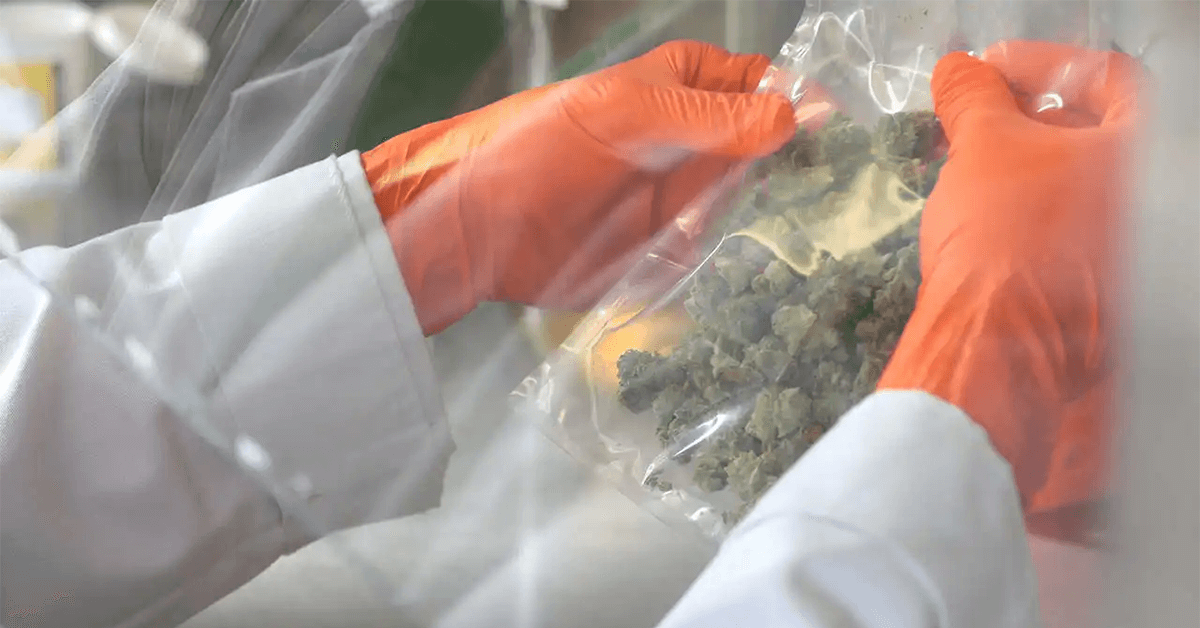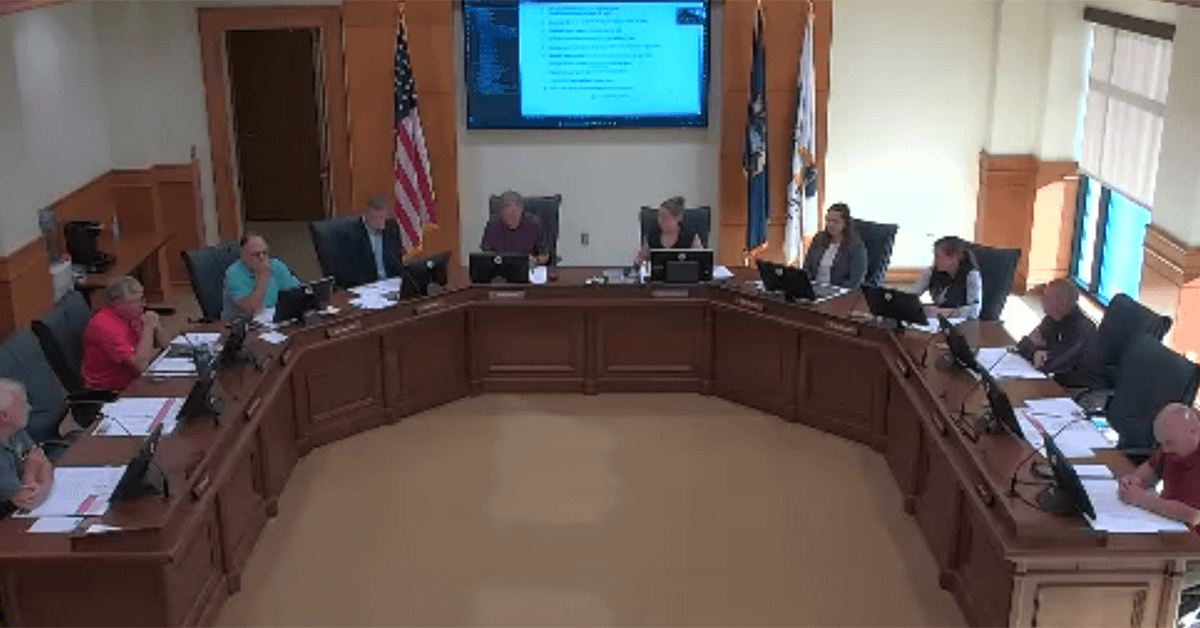Marijuana Disposal Practices Questioned After Discovery Near Homeless Camp

In a concerning discovery, over thirty bags with marijuana residue were recently found in a trash pile near a homeless encampment, raising questions about compliance with Michigan's cannabis disposal regulations and potential health risks for the local homeless population.
The site was inspected, uncovering the discarded bags, each marked with barcodes and unique license numbers linked to various marijuana businesses. These identifiers suggest that the bags originated from a testing facility, a critical step in ensuring the safety and quality of marijuana products in Michigan.
State laws mandate that both recreational and medical marijuana undergo rigorous testing by independent laboratories. These tests check for harmful contaminants, including mold, mildew, and toxic chemicals, to protect consumers' health. However, the discovery of these bags indicates a possible breach in the disposal process outlined by state regulations.
Mike Karl, a homeless advocate, highlighted a troubling aspect of this situation. He observed that the local unhoused community has been retrieving these bags from dumpsters. This act poses significant health risks, particularly if the marijuana residue contains harmful substances that were initially being tested for, such as powdery mildew or other chemicals. Karl expressed deep concern over the potential medical complications that could arise from the homeless population smoking or handling these discarded substances.
Michigan's Cannabis Regulatory Agency (CRA) has strict rules regarding the disposal of tested marijuana products. These rules stipulate that all samples must be rendered unrecognizable and completely destroyed before disposal. Non-compliance with these regulations can lead to severe fines and penalties. However, the exact source of these bags remains unclear, despite the visible names and license numbers of various dispensaries on them. A CRA spokesperson declined to comment on this specific incident.
The discovery of these marijuana residue bags not only raises questions about the adherence to state disposal guidelines by some businesses but also highlights a critical public health concern. Immediate action and investigation are necessary to prevent further risks to vulnerable populations and to ensure that all marijuana businesses comply with state regulations.
Share this article:
Spotted a typo, grammatical error, or a factual inaccuracy? Let us know - we're committed to correcting errors swiftly and accurately!








 Helpful Links
Helpful Links